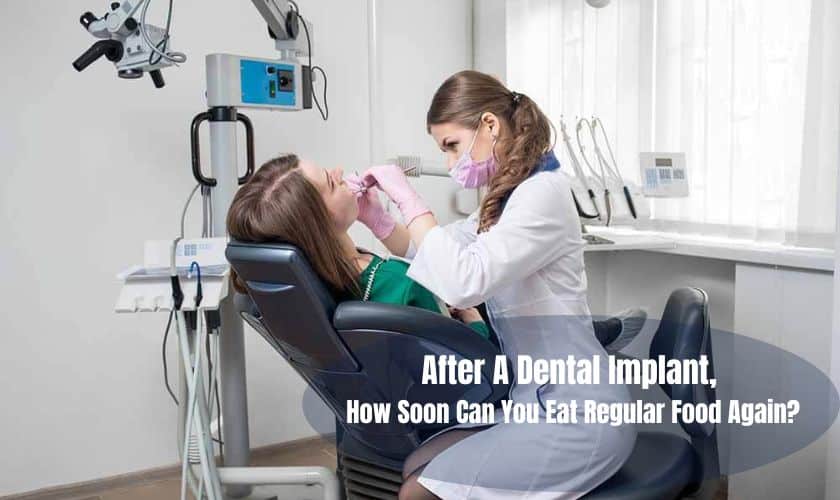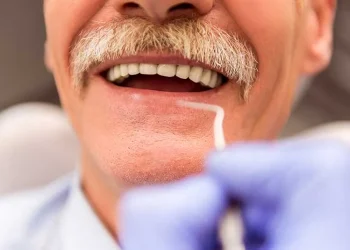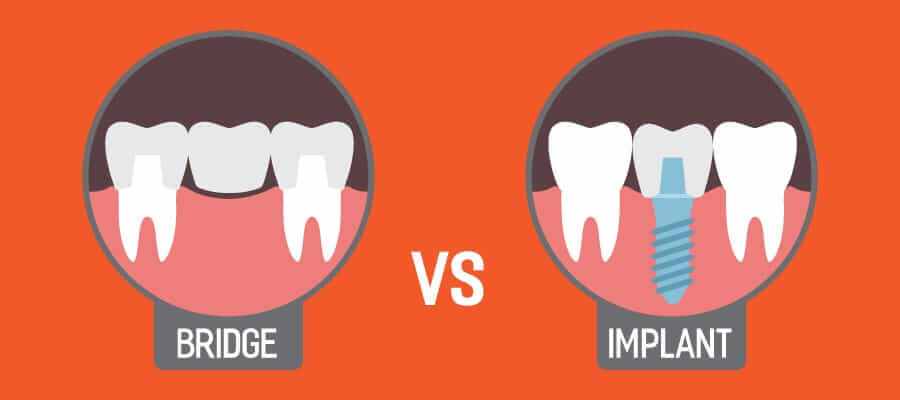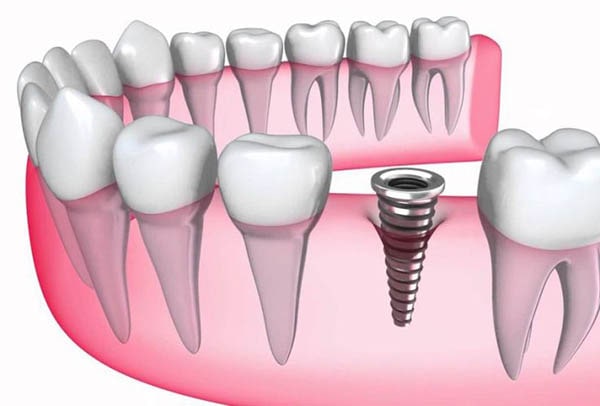Contents
- 1 A complete guide for eating after Dental implants
- 2 How Long Does it Take to Eat After Dental Implant surgery?
- 3 Is Eating Uncomfortable After Getting a Dental Implant?
- 4 The Importance of a Proper Diet After Dental Implant Surgery
- 5 Things to Keep in Mind When Building a Diet After Dental Implant
- 6 Food to Add to Your Diet After Dental Implant Surgery
- 7 Food to Avoid After Dental Implant Surgery
A complete guide for eating after Dental implants
Many people are concerned about eating after getting dental implants, which can make them hesitant to proceed with treatment. However, eating after the implant surgery is not as difficult or restrictive as many people think. So, how long does it take to eat and chew with dental implants, and is it painful to eat? In this article, we will answer these questions and provide dietary tips to avoid pain and promote quick healing.

How Long Does it Take to Eat After Dental Implant surgery?
The implant is a comprehensive solution to restore missing teeth and is widely applied in advanced countries around the world. This technique not only helps patients restore almost perfect chewing function, but also brings high aesthetic efficiency, resulting in new strong, long-lasting, and naturally beautiful teeth.
However, many people are confused about how long it takes to be able to eat normally after getting a dental implant. Fortunately, dental implantation is a modern dental procedure, so you only need to fast for the first few hours. Specifically:
- After placing the implant, patients must not chew food within the first hour.
- For the next 3-5 hours, it is recommended to eat cold, dilute foods and avoid chewing on the implant area.
- Once the jawbone has adapted to the implant roots, which typically takes 3-6 months, patients can resume eating hard foods.
Is Eating Uncomfortable After Getting a Dental Implant?
During the Implant procedure, patients are given local anesthesia to prevent any pain. After the implant is complete, you may experience slight pain and tenderness in the area, but it should quickly subside.
Pain and discomfort typically occur when chewing food that requires a lot of effort, which can put excessive pressure on the tooth roots. However, with a well-designed scientific diet that includes the right foods and dishes, eating should not cause pain, contrary to what many people believe.
The Importance of a Proper Diet After Dental Implant Surgery
After dental implant surgery, your body needs to heal and recover, and your diet plays a vital role in this process. A well-balanced and nutritious diet can help your body fight infections, reduce inflammation, and provide the necessary nutrients for bone growth and tissue repair.
On the other hand, a poor diet can slow down the healing process, increase the risk of infections and complications, and even compromise the success of your dental implant. Therefore, it’s crucial to follow a healthy and balanced diet plan that meets your nutritional needs and promotes healing.
what to eat after dental implant
Things to Keep in Mind When Building a Diet After Dental Implant
Consume Soft Food
After a dental implant, it is important to consume only soft foods to avoid damaging the implant site. Soft foods like scrambled eggs, mashed potatoes, yogurt, smoothies, and soups are good options as they require minimal chewing and won’t put pressure on the implant. It is recommended to stick to a soft-food diet for at least a few days after the implant procedure to ensure proper healing and prevent any complications.
Drink Enough Water
It is extremely important to stay hydrated after getting a dental implant. Drinking plenty of water can help speed up the healing process and prevent complications. In fact, staying hydrated can help your entire body function better, including your immune system. Additionally, you may want to avoid drinks that can dehydrate you, such as coffee or alcohol. Instead, focus on drinking water and other hydrating fluids such as coconut water or herbal tea. You can also incorporate foods with high water content into your diet, such as watermelon, cucumbers, and tomatoes, to help keep you hydrated. Remember, keeping your body hydrated is essential for maintaining good health, especially after a dental implant procedure!
Avoid Smoking
Smoking can slow down the healing process after dental implant surgery and increase the risk of infections and complications. Therefore, it’s important to avoid smoking or using any tobacco products for at least a few days after the implant procedure.
Food to Add to Your Diet After Dental Implant Surgery
Here are some of the foods that you should add to your diet after dental implant surgery:
Protein-rich Foods
Protein is a vital macronutrient that plays a crucial role in our body. It is essential for tissue repair, regeneration, and growth, and it can help speed up the healing process after dental implant surgery. In addition, protein also helps to strengthen our immune system and maintain healthy skin, hair, and nails. Therefore, it’s important to include protein-rich foods in your daily diet, such as lean meats, fish, eggs, dairy products, legumes, nuts, and seeds. You can also consider using protein supplements, such as whey protein powder, to meet your daily protein requirements. However, it’s important to consult with your doctor or a registered dietitian before taking any supplements.
Vitamin C-rich Foods
Vitamin C is a vital nutrient that plays a crucial role in maintaining our overall health. This powerful antioxidant helps in strengthening our immune system, which is our body’s natural defense mechanism. By doing so, vitamin C protects us from various infections and diseases.
Apart from boosting our immunity, vitamin C is also known to have anti-inflammatory properties that help in reducing inflammation in our body. It is also an essential nutrient for tissue repair and wound healing. In fact, research has shown that vitamin C helps in the production of collagen, a protein that forms the basis of connective tissues such as skin, ligaments, and cartilage.
Given its numerous health benefits, it is highly recommended to incorporate vitamin C-rich foods into your daily diet. Some of the best sources of vitamin C include fruits like berries, kiwi, pineapple, etc or vegetables like broccoli, bell peppers, and spinach. You can also consider taking vitamin C supplements to ensure that you are getting an adequate amount of this nutrient.
Calcium-rich Foods
Calcium is a vital mineral that plays a crucial role in bone health, and it is an essential nutrient for the success of your dental implant. Calcium is not only important for building strong bones but also for supporting proper muscle function, nerve transmission, and blood clotting. Therefore, you should add calcium-rich foods to your daily diet plan. Dairy products like milk, cheese, and yogurt are the most well-known calcium sources. Still, other non-dairy foods can provide the necessary calcium, such as leafy greens, beans, and almonds. Additionally, taking calcium supplements is another way to ensure that you are getting enough of this essential nutrient to support your overall health and wellbeing.
Food to Avoid After Dental Implant Surgery
After dental implant surgery, you should avoid certain foods that can damage the implant site, cause pain, or slow down the healing process. Here are some of the foods you should avoid:
Hard and Crunchy Foods
After dental implant surgery, it is important to follow a strict diet to ensure proper healing and prevent complications. Foods that require extensive chewing, such as nuts, popcorn, and hard candy, should be avoided for at least the first few weeks. These types of foods can put additional pressure on the implant site, which can cause discomfort, pain, or even damage the implant.
Sticky and Chewy Foods
In addition to hard and crunchy foods, sticky and chewy foods should also be avoided. Sticky foods like chewing gum, taffy, and caramel are particularly problematic as they have a tendency to adhere to the implant site and can be difficult to remove. This can increase the risk of infection or inflammation, which can ultimately lead to implant failure. Therefore, it is recommended that you opt for soft foods that are easy to chew and will not irritate the implant site.
Spicy and Acidic Foods
After the implant procedure, it is important to take good care of the implant site to ensure proper healing. One way to do this is to avoid consuming spicy and acidic foods, which can cause discomfort or pain. Hot sauce, citrus fruits, and tomatoes are some examples of such foods. While these foods are generally healthy and delicious, they can irritate the implant site and hinder the healing process. Therefore, it is best to avoid them for the first few days after the implant procedure.
Alcohol and Caffeine
After dental implant surgery, it is important to take good care of yourself to help speed up the healing process. To ensure optimal healing, you should avoid alcohol and caffeine in the first few days after the procedure. These substances can dehydrate your body and this can slow down the healing process. Dehydration can also lead to other complications such as headaches and nausea, which can make your recovery even more difficult.
By following these dietary tips and avoiding certain foods, you can promote quick healing, reduce the risk of complications, and ensure the success of your dental implant. Remember, a healthy and balanced diet is essential for maintaining good overall health and wellbeing, especially after dental implant surgery.














